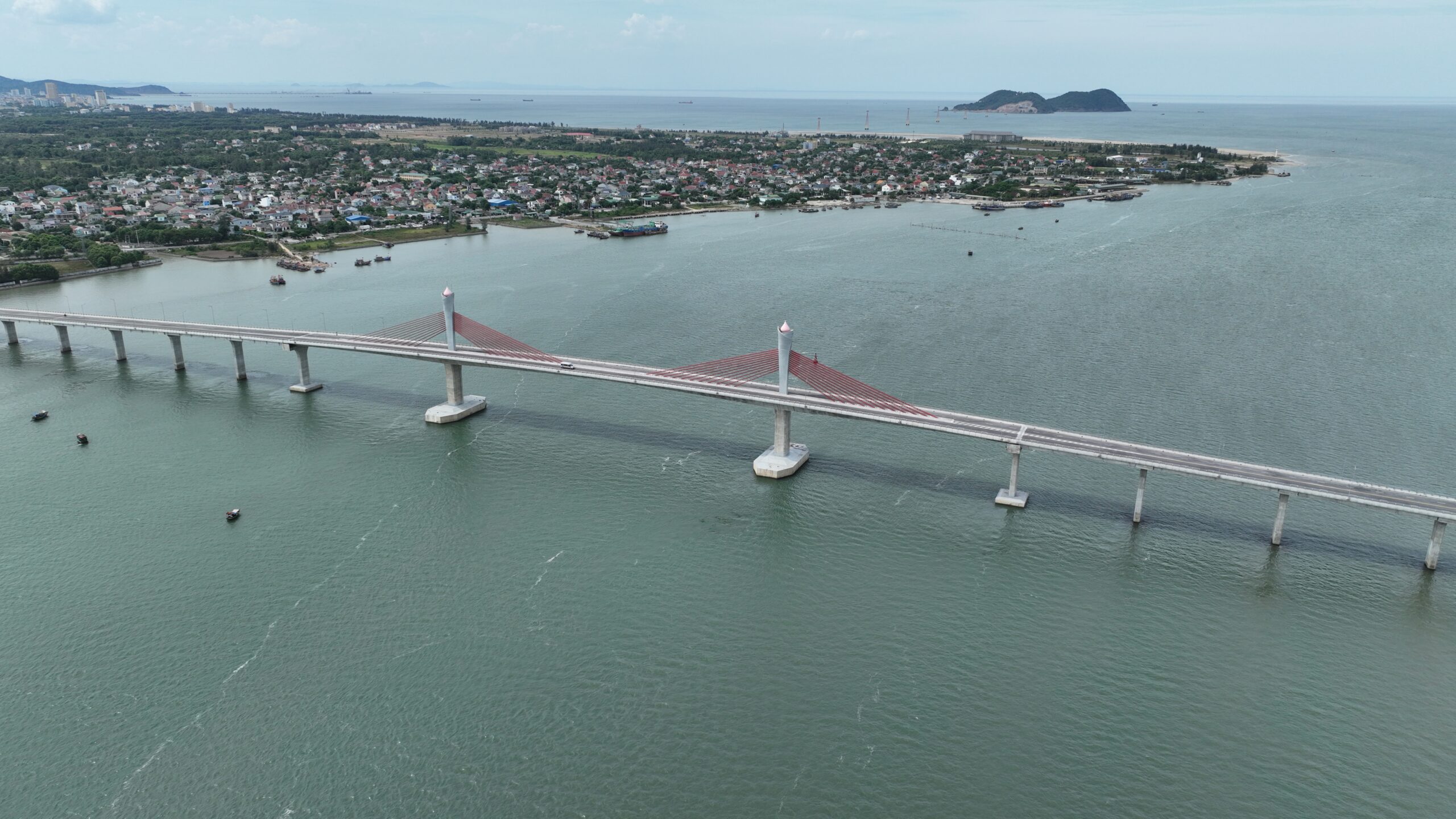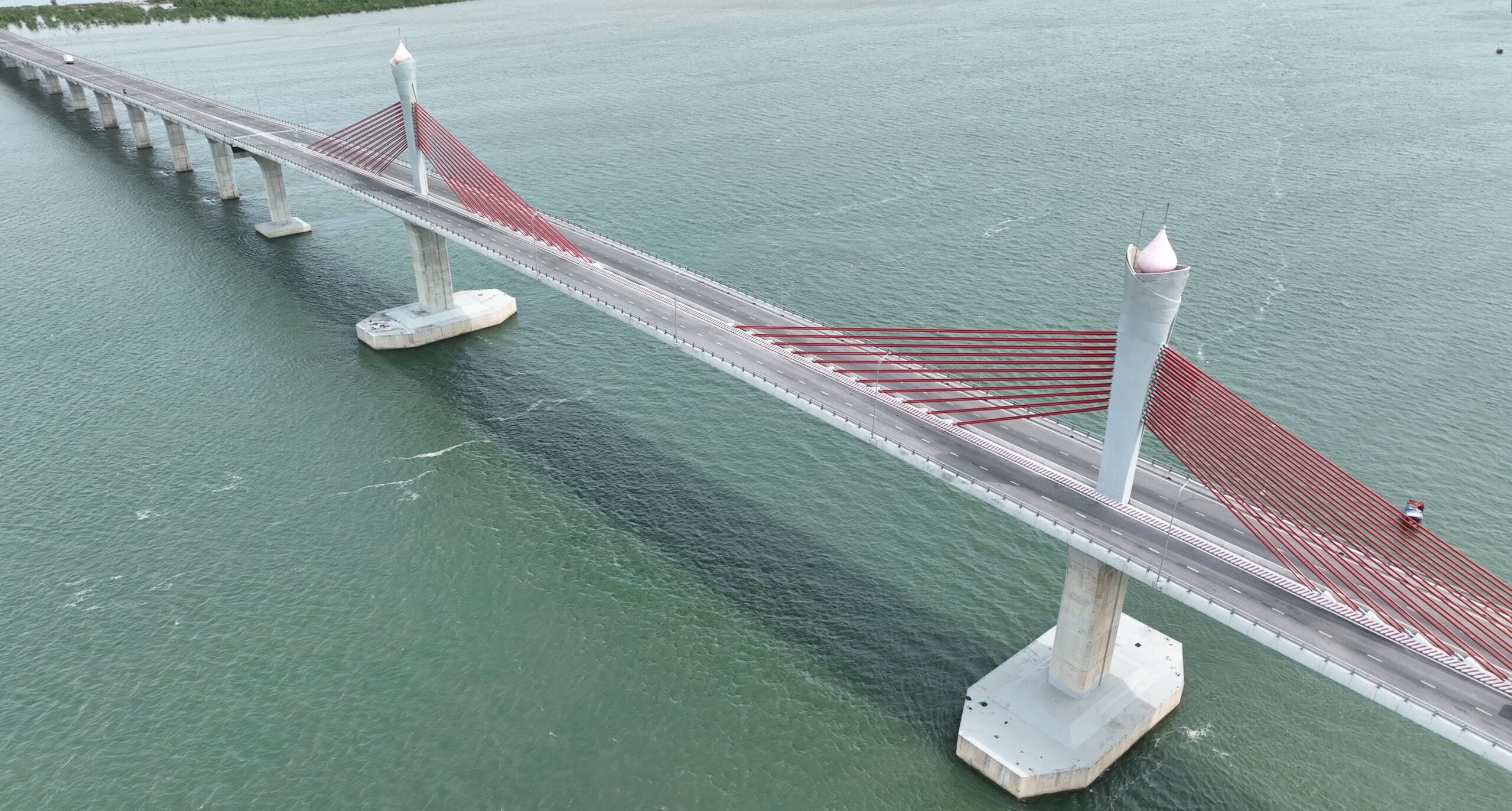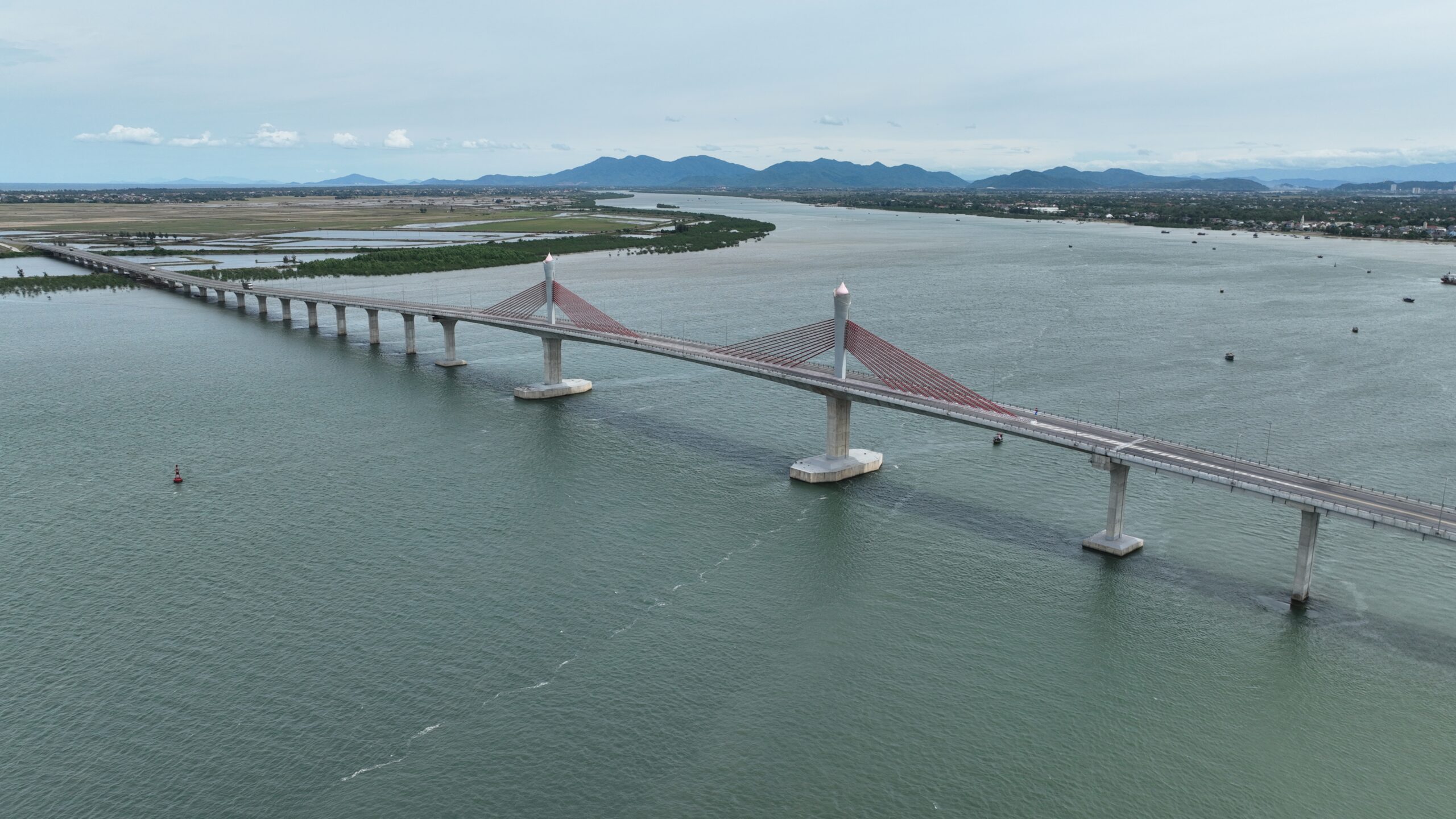Winners of the annual awards, which showcase, reward and highlight the achievements and successes of consulting engineering member firms and their clients across the globe and the important impact their projects have on social, economic and environmental quality of life around the world, will be announced at a gala dinner and awards ceremony during FIDIC’s Global Infrastructure Conference in Geneva.
After considering all the awards submissions, the awards judging panel (listed below) agreed a shortlist comprising 28 projects for the FIDIC Project Awards 2022. The projects are an international selection drawn from China, USA, Australia, Mexico, Nicaragua, Brazil, France, India, Mongolia, Somalia and Vietnam.
This year’s FIDIC Project Awards also demonstrates the shift and importance of the infrastructure sector in the delivery of the UN sustainable development goals (SDGs) and net zero, with the shortlisted projects covering not one, but all of the 17 SDGs goals across a significant range of project values from small to the very large.
Judging panel for 2022 FIDIC Project Awards
The main bridge of the Cua Hoi bridge project was consulted and designed by the Bridge – Tunnel Engineering Consultants (Britec, a subsidiary of TEDI), the bridge was consulted and designed by the Highway Engineering Consultants (HECO, a subsidiary of TEDI); Supervision consultancy work done by TEDI
The project has a total length of 5.27km, of which the bridge part is 1,728m long; The width of the main span bridge is 18.5m, the width of the bridge is 16m. Cua Hoi Bridge is constructed using EXTRADOSED technology (combination of balanced cantilever and cable-stayed). This is also the first bridge in Vietnam to conduct cantilever span up to 153m long (the previous bridges are only 120m).
The completion of Cua Hoi Bridge contributes to the completion of the coastal road route through the two provinces and the improvement of the transport system between the two banks of the Lam River. The project also creates favorable conditions for socio-economic development, especially marine economy and tourism, ensuring national defense and security in the central provinces.













